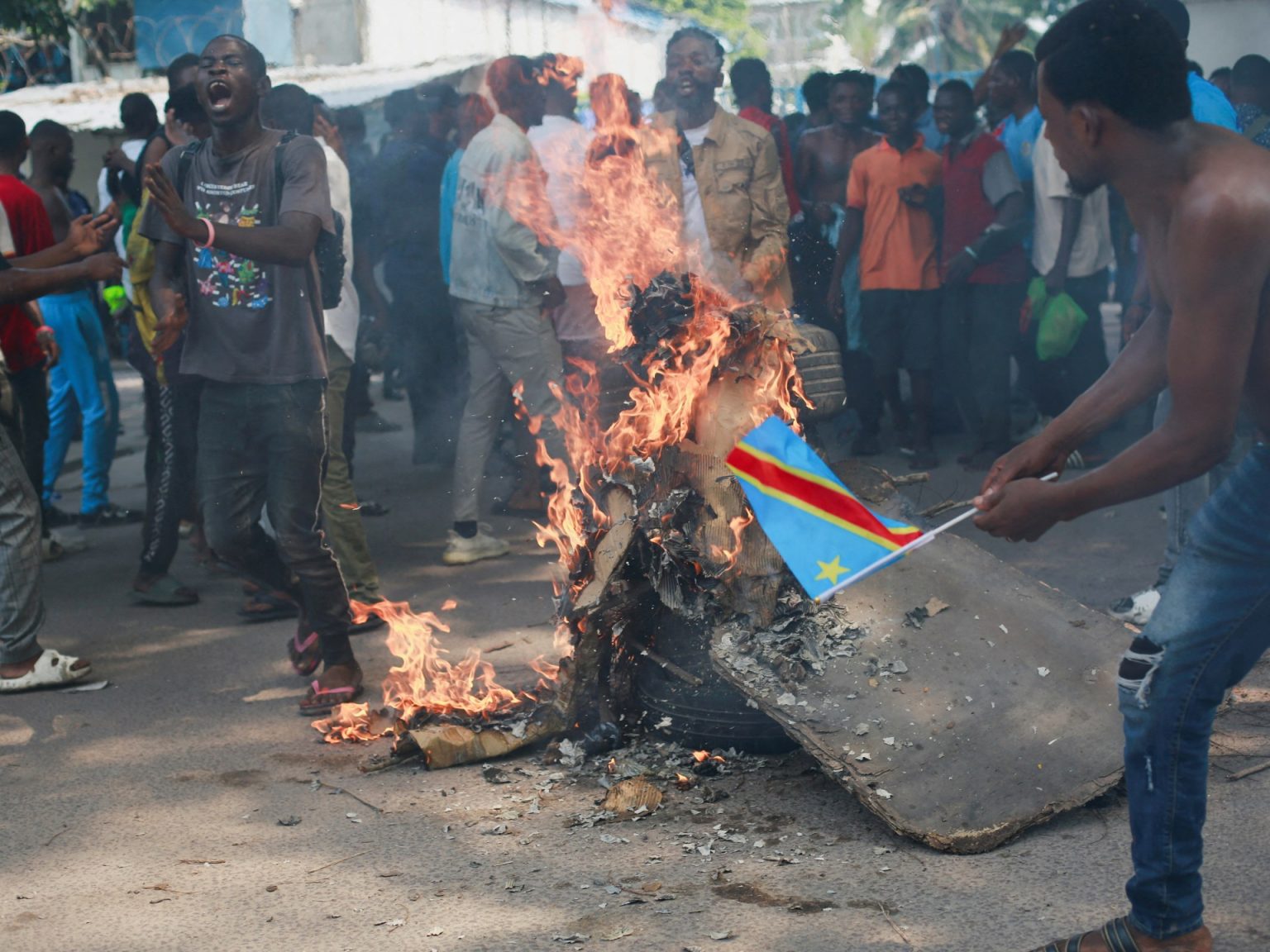The United Nations peacekeeping mission in the Democratic Republic of the Congo (DRC), known as MONUSCO, is preparing to leave the Central African nation at the request of the government. The mission has been helping fight against rebels in the region for over two decades but has been criticized for inefficiency in protecting civilians from armed conflict. The closure of a major base near Bukavu marks the beginning of the withdrawal process, with the base being handed over to the DRC military. The departure of peacekeepers from Pakistan, who have served in South Kivu province for over 20 years, symbolizes the end of an era of UN presence in the region.
The decision to close MONUSCO bases and reduce the number of peacekeepers in the DRC comes after the Congolese government expressed dissatisfaction with the mission’s failure to adequately protect civilians from rebel groups in the eastern part of the country. The Rwandan-backed M23 rebels and other armed groups continue to pose a threat to civilians in provinces like North Kivu, South Kivu, and Ituri, leading to widespread violence and displacement of millions of people. The government’s directive to close UN bases and reduce troop numbers reflects a shift in priorities and a desire for greater independence in dealing with security challenges.
The closure of the base near Bukavu is part of a larger plan to reduce MONUSCO’s presence in the DRC, with additional bases scheduled to be handed over to the military in the coming months. The departure of peacekeepers from South Kivu will bring down the total number of MONUSCO troops to 11,500, with further reductions planned for North Kivu and Ituri provinces. The phased withdrawal of UN forces from these areas signals a significant change in the security landscape of the region, as the responsibility for protecting civilians shifts to the DRC security forces.
Since its inception in 2010, MONUSCO has been actively involved in the DRC, taking over from an earlier UN operation. The mission has faced challenges in fulfilling its mandate to protect civilians and support the government in restoring peace and security in the country. The decision to close UN bases and reduce troop numbers reflects a broader reassessment of the effectiveness and impact of the peacekeeping mission in the DRC. The government’s call for the African regional force deployed last year to also leave the country further underscores the changing dynamics of security operations in the region.
As MONUSCO prepares to leave the DRC, questions remain about the future of peace and security in the country. While the government seeks to take on a more active role in addressing security challenges, concerns persist about the ability of the DRC security forces to effectively address the ongoing conflict and protect civilians from armed groups. The withdrawal of UN forces and the African regional force will leave a significant gap in the security architecture of the DRC, raising uncertainty about the prospects for stability and peace in the region. The closure of MONUSCO bases and the handover of responsibilities to the DRC military mark a new phase in the country’s security landscape, with the government facing the daunting task of maintaining peace and security in the absence of international support.












